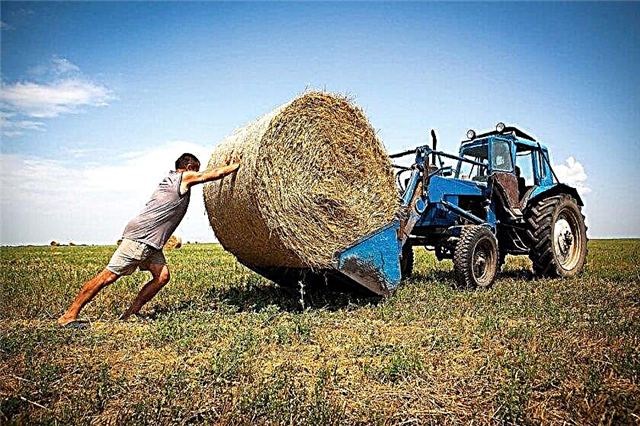Share
Pin
Tweet
Send
Share
Send
The deepest, since the 1980s, decline in agricultural production has seriously affected the emotional state of American farmers.
In Kentucky, Montana and Florida, Farm Aid hotline operators recorded twice as many calls in all areas: from financial counseling to crisis assistance. Two-thirds of calls to the Farm Aid hotline came from farmers who have been farming for ten years or more.
Call analysis shows that they were evenly distributed among producers of fruits and vegetables, livestock, grains and oilseeds, as well as dairy products. In 2018, the number of calls increased by 109 percent to 1034, increasing over the past five months of the year. In November, crisis assistance accounted for 78% of all calls to the hotline. In Wisconsin, a Lutheran priest of St. Peter's Church Dale Meyer began holding monthly forums in the basement of his church in Loganville after the suicide of one of the parishioners, a farmer who could not survive the difficult times. In Minnesota, village adviser Ted Matthews says he is getting more and more calls. Excess grain in the market caused a long-term drop in prices, exacerbated by a trade war with China’s main buyer. As their income decreases, farmers have accumulated record debt - up to $ 427 billion. The debt-to-income ratio in the industry is highest since the mid-1980s when Willy Nelson, Neil Young and John Mellencamp organized the first Farm Aid charity concert for farmers and farmers. The conditions in the farm environment are so terrible that Senator Joni Ernst a Republican from Iowa, and Sen. Tammy Baldwin, a Wisconsin Democrat, insisted on including mental health provisions in the 2018 Farm Bill. The government has allocated $ 50 million over five years to address the lack of such services in rural areas.
In Wisconsin, a Lutheran priest of St. Peter's Church Dale Meyer began holding monthly forums in the basement of his church in Loganville after the suicide of one of the parishioners, a farmer who could not survive the difficult times. In Minnesota, village adviser Ted Matthews says he is getting more and more calls. Excess grain in the market caused a long-term drop in prices, exacerbated by a trade war with China’s main buyer. As their income decreases, farmers have accumulated record debt - up to $ 427 billion. The debt-to-income ratio in the industry is highest since the mid-1980s when Willy Nelson, Neil Young and John Mellencamp organized the first Farm Aid charity concert for farmers and farmers. The conditions in the farm environment are so terrible that Senator Joni Ernst a Republican from Iowa, and Sen. Tammy Baldwin, a Wisconsin Democrat, insisted on including mental health provisions in the 2018 Farm Bill. The government has allocated $ 50 million over five years to address the lack of such services in rural areas.
Share
Pin
Tweet
Send
Share
Send












